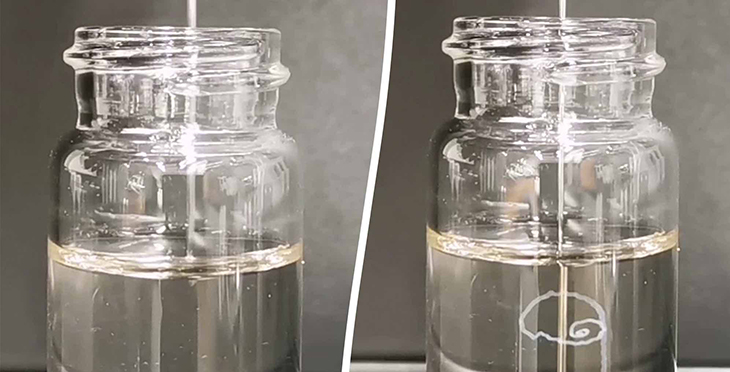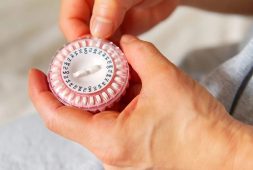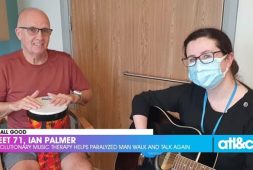New Gel Stops Brain Tumors After Surgery, Providing New Hope In Patients Dealing With Glioblastoma

In a groundbreaking development, a novel gel-based medication has successfully cured 100% of mice afflicted with an aggressive form of brain cancer.
This remarkable outcome brings renewed optimism to patients diagnosed with glioblastoma, one of the most prevalent and deadliest brain tumors in humans.
The study, led by Professor Honggang Cui from Johns Hopkins University, introduced a hydrogel solution that combined an anticancer drug and an antibody.
Prof. Cui said, “We think this hydrogel will be the future.”
When applied to the cavity left after the surgical removal of a brain tumor, the solution self-assembles into a gel, effectively filling the tiny areas and groves that tend to be left after surgically removing a tumor from the brain.
The gel not only targeted lingering cancer cells and suppressed tumor growth but also triggered an immune response that the mouse’s body struggled to initiate on its own while combating glioblastoma. Notably, when surviving mice were later exposed to new glioblastoma tumors, their immune systems alone successfully fought off the cancer without the need for additional medication. The researchers also said that the gel exhibited properties that not only countered cancer but also assisted in rewiring the immune system, discouraging recurrence by creating immunological memory.
However, the researchers also emphasized that surgery remains a critical component of this approach. Applying the gel directly into the brain without prior surgical removal of the tumor resulted in a mere 50% survival rate.
Professor Cui noted that surgery likely alleviates some of the pressure and provides more time for the gel to activate the immune system in combating cancer cells.
“The surgery likely alleviates some of that pressure and allows more time for the gel to activate the immune system to fight the cancer cells,” said Professor Cui.
The gel solution consists of nano-sized filaments composed of paclitaxel, an FDA-approved drug for various cancers. These filaments served as a delivery vehicle for the antibody known as aCD47. The gel evenly covered the tumor cavity, allowing for a steady release of medication over several weeks, while keeping the active ingredients in close proximity to the injection site.
By employing this specific antibody, the research team aimed to overcome one of the significant challenges in glioblastoma research – targeting macrophages, a type of cell that can either support immunity or protect cancer cells, facilitating aggressive tumor growth.
The results, which have been published in Proceedings of the National Academy of Sciences, represent a significant advancement in glioblastoma treatment. While a notable therapy for the disease is the Gliadel wafer, co-developed by researchers at John Hopkins and the Massachusetts Institute of Technology (MIT) in the 1990s, the results achieved with the new gel have been particularly impressive. Gliadel, an FDA-approved, biodegradable polymer that delivers medication into the brain after surgical tumor removal, showed promising survival rates in laboratory experiments.
However, the new gel exhibited unprecedented success, drawing accolades from Betty Tyler, a co-author and associate professor of neurosurgery at the Johns Hopkins School of Medicine, who played a crucial role in the development of Gliadel. Tyler expressed excitement about the potential for the hydrogel combination to revolutionize the survival curve for glioblastoma patients, considering the rarity of witnessing 100% survival rates in mouse models of the disease.
According to Tyler, “We don’t usually see 100% survival in mouse models of this disease. Thinking that there is potential for this new hydrogel combination to change that survival curve for glioblastoma patients is very exciting.”
The new gel offers hope for future glioblastoma treatment because it integrates anticancer drugs and antibodies, a combination of therapies researchers say is difficult to administer simultaneously because of the molecular composition of the ingredients.
“The gel is implanted at the time of tumor resection, which makes it work really well,” Tyler said.
While the gel’s results in the lab are highly promising, the next hurdle lies in translating these findings into impactful clinical therapies. Integrating anticancer drugs and antibodies in a single treatment poses challenges due to the molecular composition of the ingredients. However, the gel’s ability to be implanted during tumor resection enhances its effectiveness, providing hope for the future treatment of glioblastoma.



